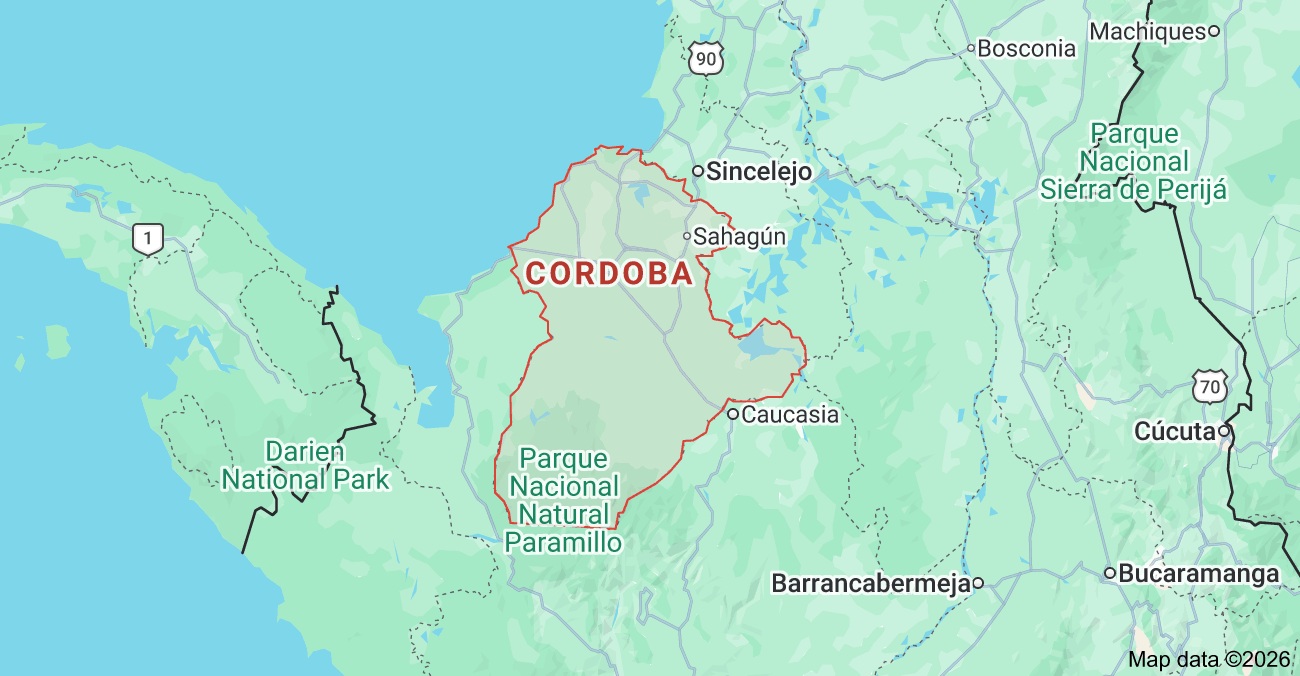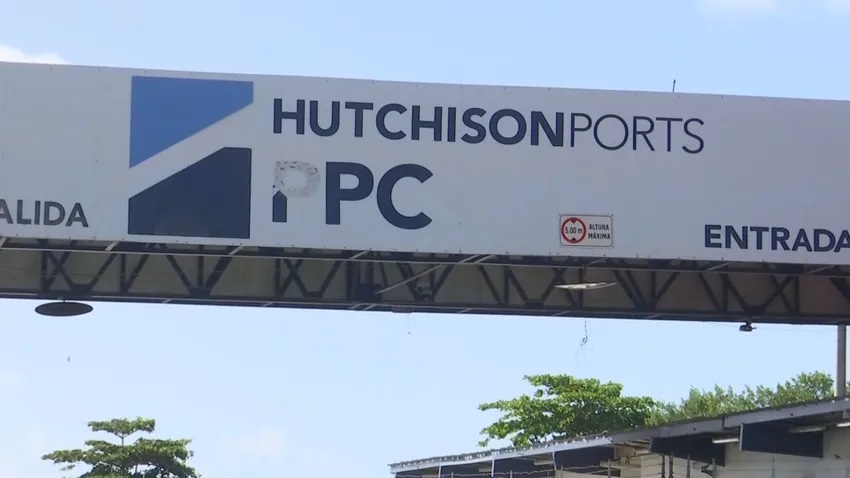WORLD VIEW: Turkey forward or backward

By Jonathan Power
IN THE 1970’s there was a cult film, Midnight Express”, directed by the young Oliver Stone. It was based on the story of an American who was sentenced to 30 years in a Turkish prison for smuggling drugs.
It showed in stark reality the total lack of any semblance of human rights or normal human behavior by the Turkish authorities. It was that impression of Turkey that many of us carried forward, even as Turkey in fact was profoundly changing.
Even today some hold on to what is now a discredited viewpoint, particularly in France, a country that has long made it clear it will obstruct any move to bring Turkey into the European Union. Anti-Turkey feeling exists elsewhere, particularly in Germany which has far more Turkish immigrant workers than any other nation. However, the truth is the Turkey of today is unrecognizable from that of the 1970s. Not least it has become a democracy, albeit a not perfect one.
And yet there are appalling signs that Turkey is winding the clock back. Having been rebuffed in 2010 by Europe in its attempt to enter the EU, despite all the previous promises made to it that entry would be welcomed (the US has long supported this), it has started to go backwards to its more authoritarian and less humanistic ways. This is grist for the mill for those who have long held a “Midnight Express” view of Turkey.
The true picture of Turkey has to be a subtle one. On the one hand there are signs of growing authoritarianism- the arrest and incarceration of over 14 journalists; the savage treatment of street protestors; the re-starting of the war against the Kurdish Workers’ Party; the attempt to undermine the legitimate Kurdish party in parliament (The Peoples’ Democratic Party) and the violence waged against ordinary Kurds in cities like Diyarbakir.
On the other it is not very long ago that the government carried out similar repression. So what is so different today? Isn’t it more of the same with a brief break for negotiations to get into the EU, (and even then in the first three years repression continued)? In 2005 the Nobel Prize-winning novelist, Orhan Puck, was prosecuted for expressing a critical opinion on the Kurdish and Armenian policies of the government. Only because of EU pressure were the charges dropped.
There were two similar cases a year later. Journalist, Perihan Magden, was arrested for defending in print a conscientious objector who had been sentenced to four years in a military prison for refusing to wear his military uniform. But she was finally acquitted on the grounds of free speech. Hrant Dink was sentenced to six months in jail for allegedly insulting “Turkishness” and thus violating the notorious Article 301 of the then new Turkish penal code.
Nevertheless, in those negotiating years there were tremendous improvements in the law and its application and also in the government’s dealings with the Kurds. Fifteen years ago the government would not allow Kurdish to be taught in schools nor Kurdish-language newspapers or TV. Partly to satisfy the EU these policies were dropped.
What changed the picture and put Turkey into reverse was the EU decision six years ago that made it clear that there was no likelihood any time soon of Turkish entry. Repression and anti-Kurd actions returned.
It was the on and off stance by the EU that dictated first a slow but significant improvement of Turkey’s human rights behaviour and then an equally significant regression to where we are today.
Except……Except. The totally unexpected has happened- the migrant crisis, which has brought war-torn refugees from Syria, Iraq and Afghanistan to seek refuge in Europe, hundreds of thousands using the Turkish coastline to travel in boats to Greece.
In a matter of weeks, EU policy towards Turkey, pushed by German chancellor, Angela Merkel, somersaulted. Turkish people will shortly be given visa-free travel within the Shengen part of the EU (which is most of it). Turkey is being given vast sums to settle more refugees on its own soil. Most important, the EU is returning to serious negotiations about Turkish entry.
The interesting question is does this mean that Turkey will once again start to improve its human rights practices? Right now there is not much sign of this happening. The Kurds of Diyarbakir are still being battled. The editor-in-chief of a major newspaper, Cumhuriyet, was sent for trial last week.
In truth it is too early to say. Why should President President Erdogan and Prime Minister Ahmet Davutoglu deliver until the EU has actually lowered the drawbridge? It has promised to but implementation has still to come. Hopefully by the early summer the EU machinery will be in place and working.
Then we should expect Turkey to loosen up and become once again a country on the road to liberalism and enlightenment. Let’s see.





